The beautiful Salvia nemorosa: A Hardy Perennial That Brings Color and Life to Your Garden
Table of Contents
Salvia nemorosa, or woodland sage, is a staple in any low-maintenance, pollinator-friendly garden. Known for its tall spikes of purple-blue flowers and long bloom season, this hardy perennial brings vibrancy to borders, cottage gardens, and pollinator habitats from late spring through fall.
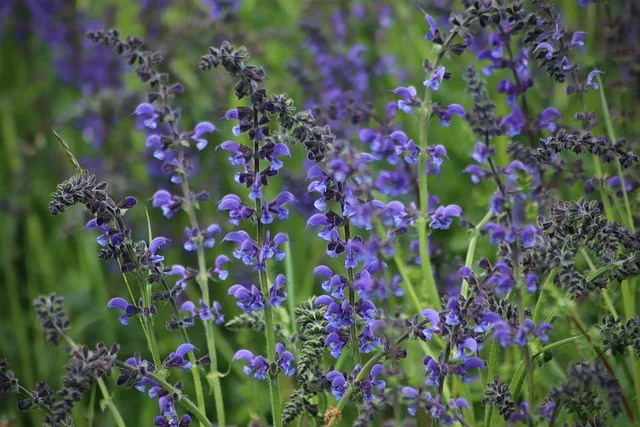
Why Grow Salvia nemorosa?
Salvia nemorosa is popular for its vibrant flower spikes, which attract a host of pollinators, including bees, butterflies, and hummingbirds. Its deer-resistant foliage and drought tolerance make it particularly appealing for low-water gardens or areas where deer tend to browse. Moreover, it’s a reliable performer in a wide range of climates and garden conditions.
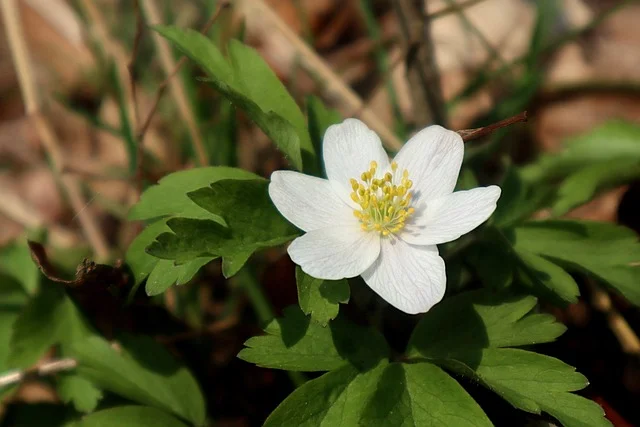
Key Characteristics
- Scientific Name: Salvia nemorosa
- Common Name: Woodland Sage
- USDA Hardiness Zones: 4-9, providing versatility across many regions
- Height and Spread: Typically 1-2 feet tall, with a similar spread
- Bloom Period: Late spring to early fall, with potential for repeat blooms if deadheaded
Growing and Care Requirements
Sunlight: Plant Salvia nemorosa in full sun for best blooms, though it can tolerate light shade in particularly warm climates.
Soil: This sage variety is adaptable but prefers well-draining soil. It can thrive in poorer soils, making it a perfect option for rocky, sandy, or low-fertility areas.
Watering: Water regularly until established, but after that, Salvia nemorosa is very drought-tolerant. Overwatering can cause root rot, so it’s best to water only when the soil is dry to the touch.
Spacing: Space plants about 12-18 inches apart to allow for air circulation, which helps prevent disease.
Popular Varieties for Added Interest
- ‘Caradonna’: Known for its dark purple stems that set off its violet-blue flowers, adding a striking visual contrast.
- ‘May Night’: A prolific bloomer with deep indigo flowers that rebloom with regular deadheading.
- ‘Blue Hill’: Offers vibrant blue flowers and a compact growth habit, making it an excellent choice for smaller spaces.
Maintenance Tips
To prolong the blooming season, remove dead flowers regularly. This encourages the plant to put out new flowers, keeping the display going well into fall. In late fall, cut back stems to a few inches above the soil to prepare for winter, or leave some seed heads for winter interest and to provide food for birds.
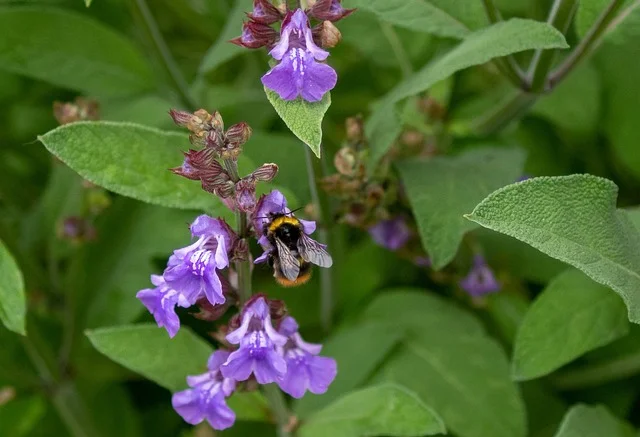
Benefits in the Garden
Salvia nemorosa’s flowers are loved by pollinators, so it’s ideal for adding to a pollinator or wildlife garden. Its upright form pairs beautifully with softer-textured plants like lamb’s ear, coreopsis, or ornamental grasses, creating a dynamic and balanced garden design.
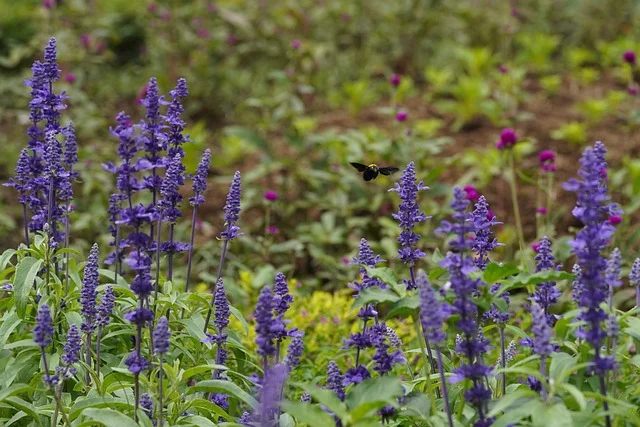
Design Ideas
Use Salvia nemorosa as a border plant or interplant it with other late-spring and summer bloomers for an eye-catching display. The purple-blue hues are especially striking alongside yellow or orange flowers like coreopsis or yarrow. It also works well in container gardens, adding height and a pop of color.
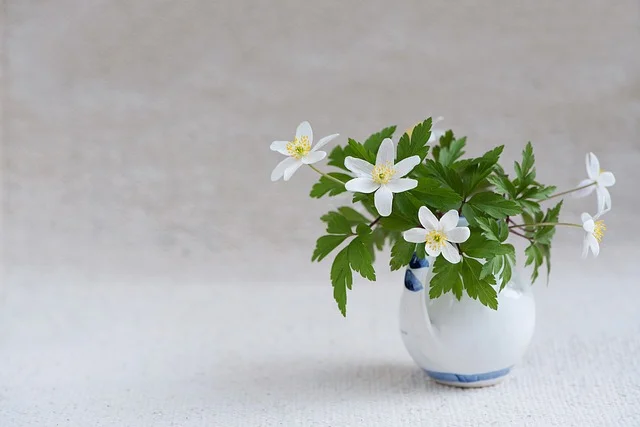
Why Choose Salvia nemorosa?
Salvia nemorosa is a garden powerhouse. With minimal care, it provides months of color, supports pollinators, and adds architectural interest. Its adaptability, paired with its beauty and wildlife value, makes Salvia nemorosa a go-to choice for gardeners looking to create a colorful, resilient, and easy-care landscape.
Incorporating Salvia nemorosa into your garden design ensures vibrant color and wildlife interest, season after season!

Leave a Reply